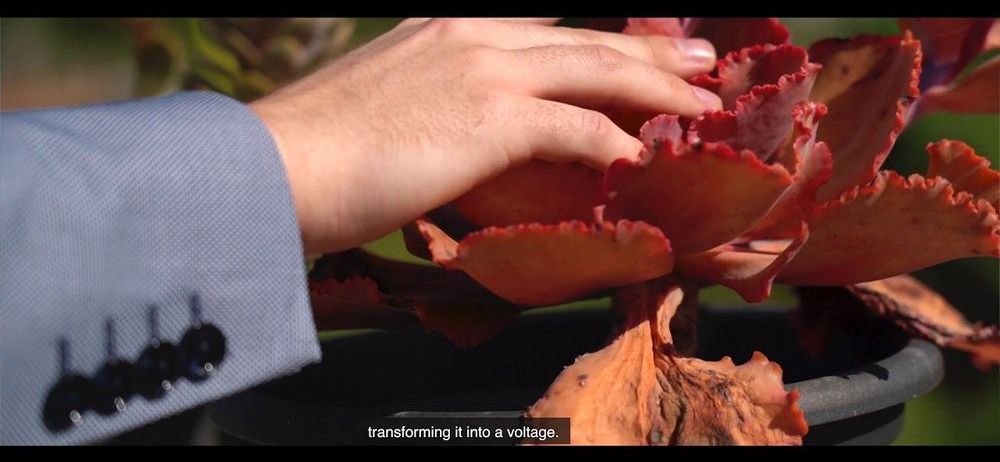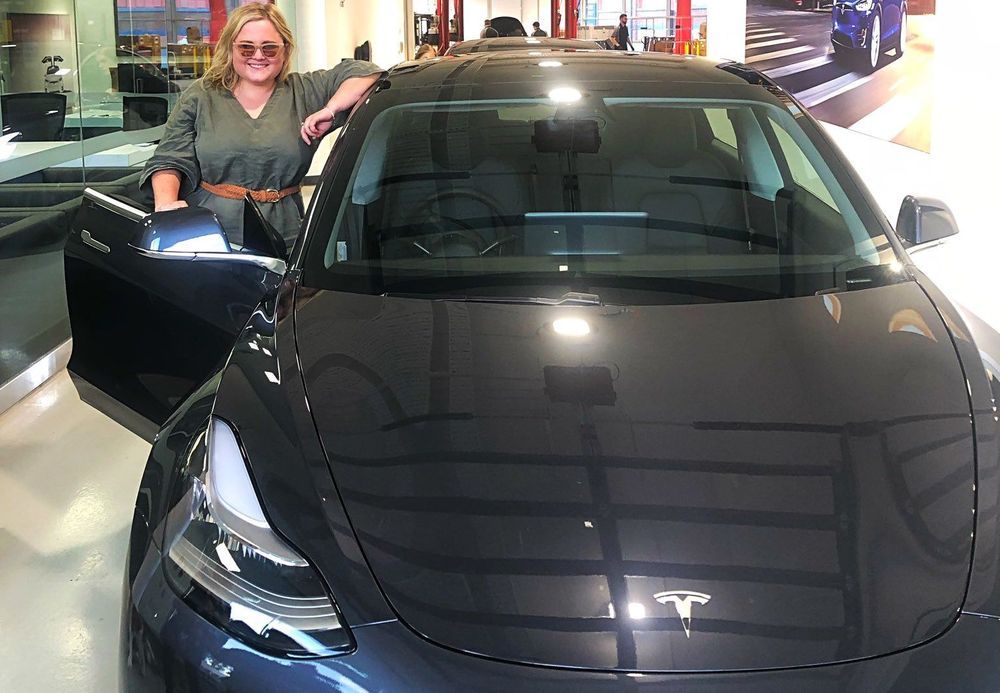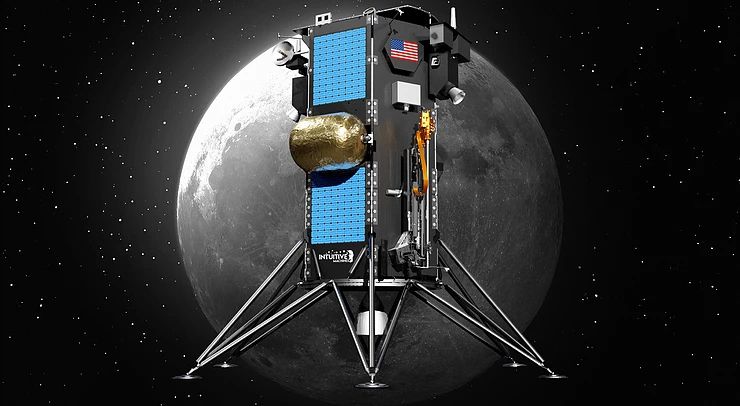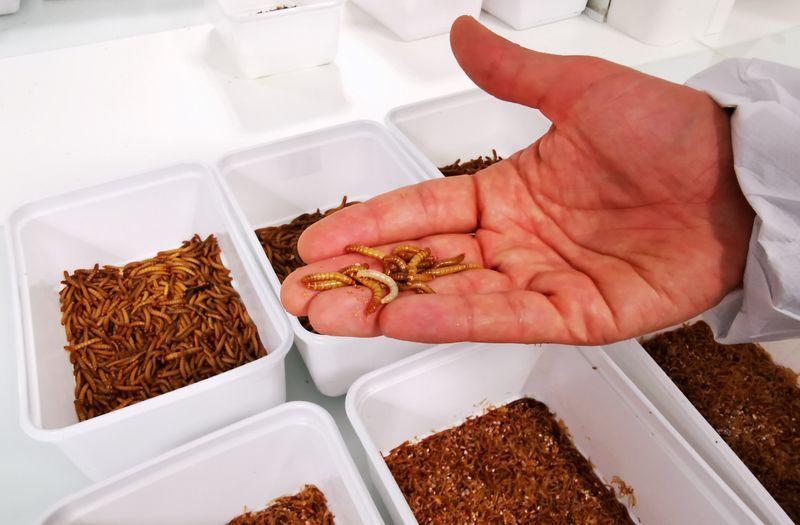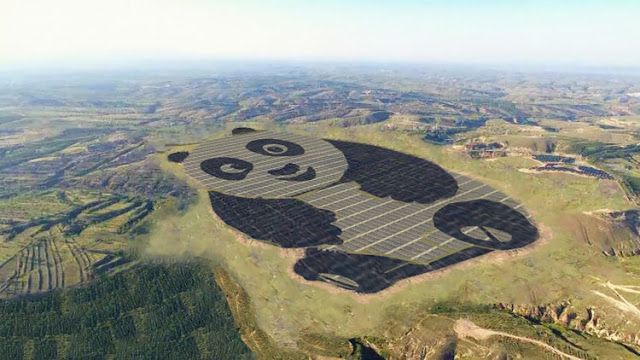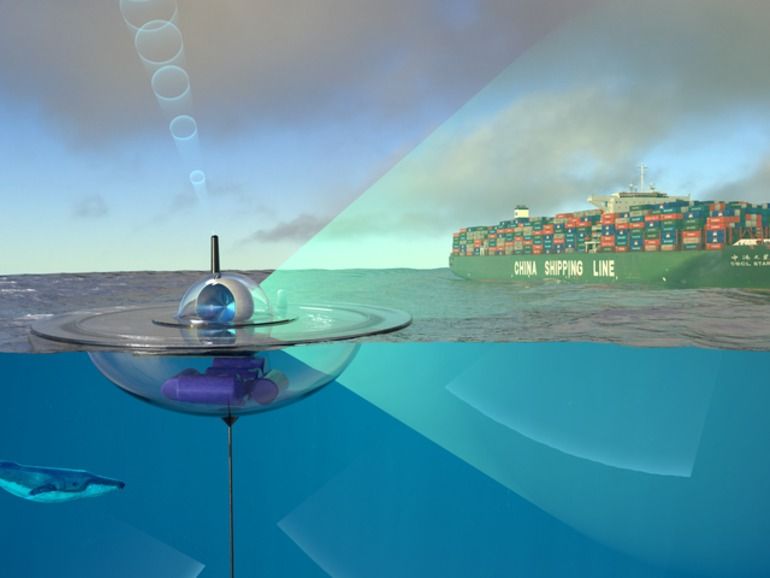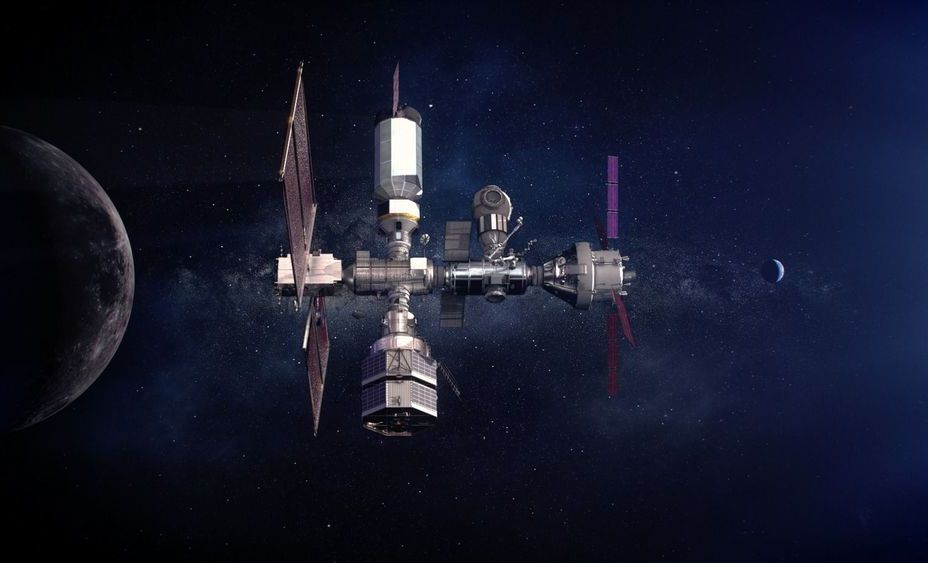
« Today we announced the first in a series of upcoming commitments from our international partners to support our Artemis plans. NASA and the European Space Agency (ESA) have signed an agreement committing our space agencies to building the Gateway together. As our outpost in lunar orbit, the Gateway is critical for sustainable exploration of the Moon as well as testing systems and operations for future missions to Mars.
With this Memorandum of Understanding, ESA will provide an additional habitation element, enhanced lunar communications, and a refueling capability to the Gateway later this decade. They will also provide two more European service modules for future Orion spacecraft.
We are honored by this agreement with ESA and, again, it is one of several to come with our international partners. Exploration requires more than hardware though – and that is why this commitment with ESA includes opportunities for European astronauts to fly with NASA astronauts on future Artemis missions to the Gateway. »



